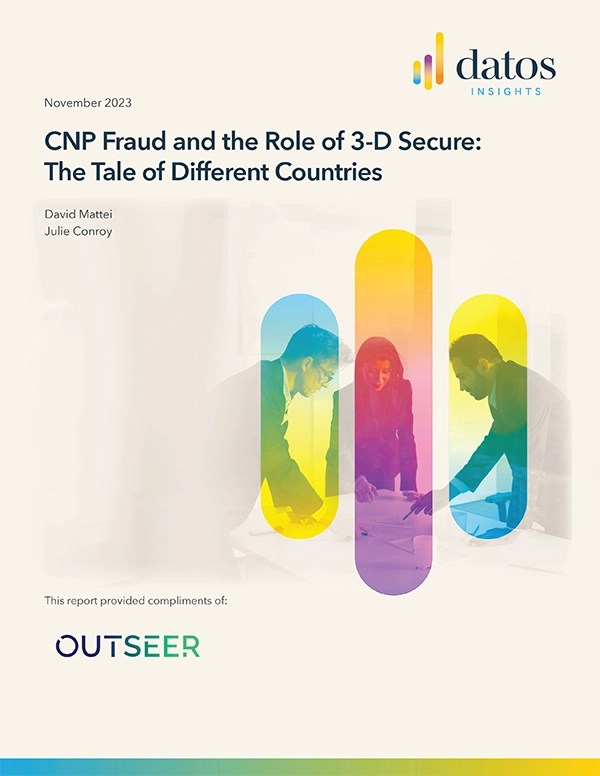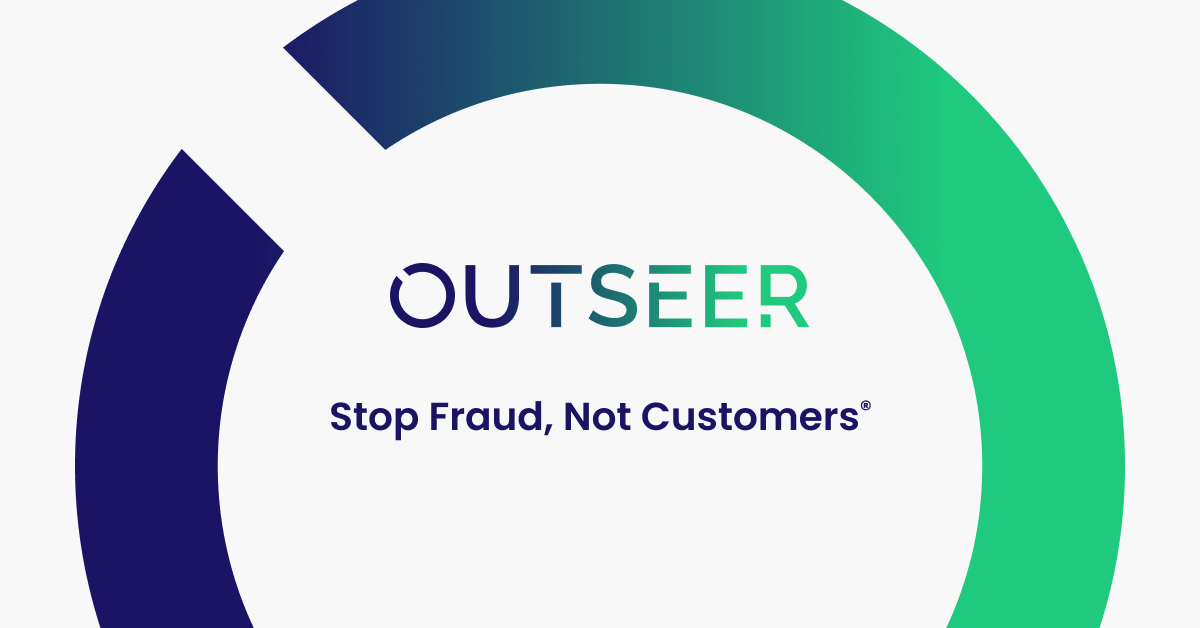The European Commission has recently proposed new measures to bring the payments and financial sector in line with the digital age. The revised Payment Services Directive (PSD3) and the proposed Payment Services Regulation (PSR) aim to enhance consumer protection, promote competition, and enable secure data sharing for better financial products and services. This blog provides an overview of the key changes introduced by PSD3, and its profound influence on the finance industry, specifically in terms of bolstering payment security and fortifying fraud prevention measures. It is important to note that at the time of this blog, the transition deadline and technical details are currently unknown.
PSD3: Addressing Changing Market Dynamics
The payments landscape has undergone rapid transformation in reaction to the global pandemic. The value of electronic payments in the EU has been steadily increasing, reaching €240 trillion in 2021. Digital technologies have enabled innovative payment providers, including fintech firms, to respond to user demands for faster payments and P2P payment options on smartphones. However, this growth has also exposed consumers to new forms of fraud and risks.
Key Changes in PSD3
- Combating Payment Fraud: PSD3 enables payment service providers to share fraud-related information, enhances consumer awareness, strengthens customer authentication rules, extends refund rights for fraud victims, and mandates a system for verifying payees’ IBAN numbers.
- Improving Consumer Rights: The directive introduces measures to address temporary fund blockages, enhances transparency in account statements, and provides clearer information on ATM charges.
- Levelling the Playing Field: PSD3 aims to promote fair competition by granting non-bank payment service providers access to all EU payment systems while ensuring appropriate safeguards and securing their rights to a bank account.
- Enhancing Open Banking: The directive removes remaining barriers to open banking services, empowering customers to have more control over their payment data. This promotes innovation and enables the entry of new services into the market.
- Access to Cash: PSD3 facilitates the availability of cash by allowing retailers to provide cash services without requiring a purchase. Additionally, it clarifies rules for independent ATM operators.
Impact on the Finance Industry
PSD3 brings several positive implications for the finance industry:
- Enhanced Consumer Protection: The measures implemented under PSD3 aim to strengthen consumer rights, provide greater transparency, and improve security measures. Financial institutions will need to change to meet the new regulations and foster trust in electronic payments and financial services.
- Increased Competition: By leveling the playing field between banks and non-banks, PSD3 encourages competition and innovation. This allows for a wider range of payment service providers and facilitates the entry of new players into the market.
- Open Banking Advancements: PSD3 further promotes open banking by removing obstacles and enhancing customer control over their financial data. This paves the way for more personalised and innovative financial services.
- Streamlined Processes: The improvements in transparency, consumer rights, and data sharing facilitate smoother and cost-effective processes such as product comparisons, switching financial products, and mortgage applications.
- SME Access to Finance: PSD3 enables small and medium-sized enterprises (SMEs) to access a broader range of financial services and products. Their creditworthiness data becomes more accessible, leading to more competitive loan options.
Embracing the Future: PSD3 Paving the Way for a Digital Financial Revolution
PSD3’s proposed amendments to the Payment Services Directive and the establishment of the Payment Services Regulation represent a significant stride towards adapting the financial sector to the ongoing digital transformation. These measures aim to enhance consumer protection, promote competition, streamline processes, improve access to finance for SMEs, and enable secure data sharing within the European payments and financial sector.
By prioritizing consumer security and trust, PSD3 supports the continuous growth of electronic payments within the EU. Moreover, the focus on open banking and data sharing is poised to fuel innovation and competition in the financial industry, ushering in a new era of financial services.
Although the specific transition deadline and technical details are still pending, there are proactive steps that can be taken at present:
- It is evident that consumers will have enhanced rights to expedited reimbursement in the event of fraud. By fortifying fraud prevention systems, the occurrence of fraudulent activities can be significantly reduced, thereby minimizing the need for future reimbursement.
- Customers will possess greater control over their payment data. To facilitate a smooth transition and seamless integration of payment risk solutions, it is crucial to streamline payment systems and ensure that legacy applications are prepared for the changes brought about by Open Banking.
- While the functional implementation of 3DS is mandated, it is expected that these consumer protection requirements will exert additional pressure to develop a 3DS solution that effectively thwarts fraud. Mere token integrations with minimal impact on fraud prevention will no longer suffice.
It is crucial for financial institutions and consumers to remain informed about the latest developments surrounding PSD3. Staying up to date will ensure preparedness for the forthcoming changes in the EU’s financial landscape and enable stakeholders to capitalize on the opportunities presented by this progressive directive.















